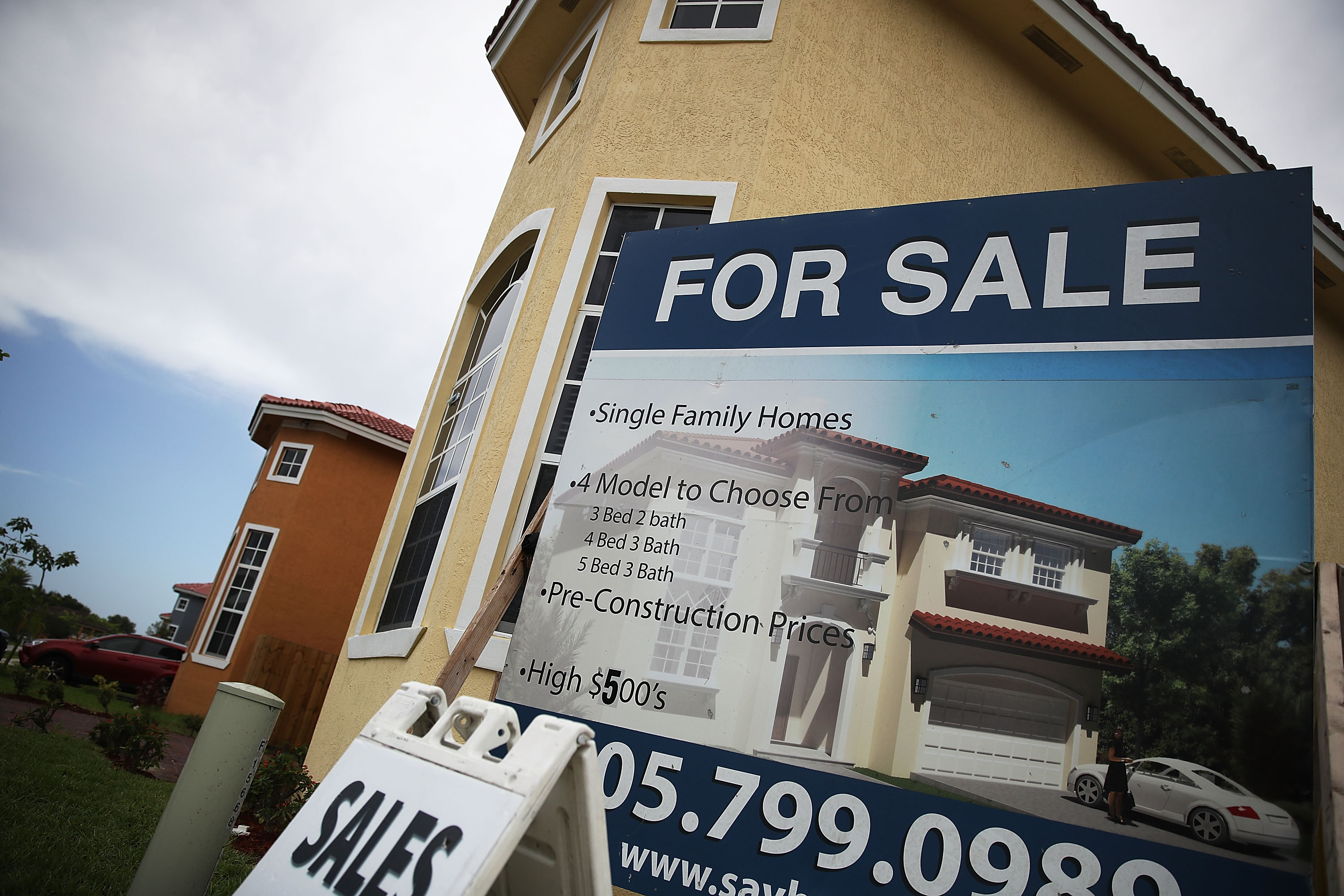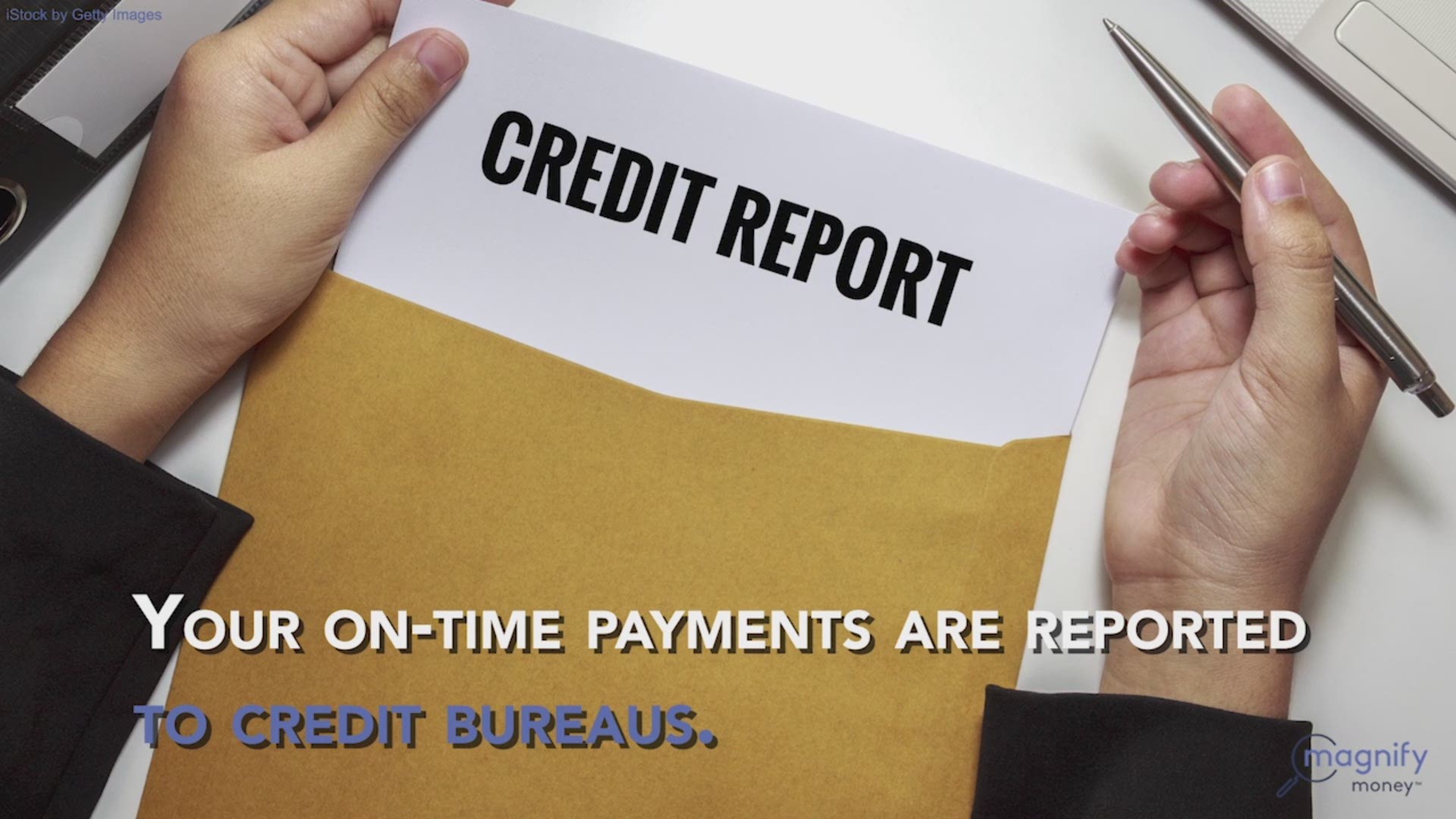We all know the general rule of thumb: When you’re thinking about purchasing a home, you need to save up 20 percent of the purchase price for a down payment.
There are programs that can help you get into a home with low or no down payments, but there are also myriad other costs you’ll incur during the home-buying process that you might not think about. To ensure that you’ve got enough cash on hand, take note of these common expenses.
Closing costs
Closing costs are the fees you pay at the end of the home-buying process, and they cover things like the appraisal, the mortgage loan origination and title fees, and so on.
Because every lender is required to issue a Loan Estimate document to homebuyers during the closing process, you'll be able to gauge your closing costs will be in advance. You should receive your loan estimate within three days of applying for a mortgage.
This is your chance to review your costs and look for any errors, even minor ones like the spelling of your name or a gaffe in your address.
Apart from some exceptions, what you see on the loan estimate will accurately reflect how much you will need to have ready on the day of your closing.
We asked Terri Stonebraker, vice president of mortgage lending at Public Service Credit Union in Colorado, to offer an example of closing costs on a $400,000 loan through her credit union. Costs will vary depending on where you live, the size of the mortgage, the square footage of a home and other factors, so this is merely an illustration:
- Appraisal fee: $650
- Credit report fee: $50
- Flood certification fee: $10
- Loan closing fee: $355
- Tax tracking service: $85
- Title commitment fees: $850
- HOA condo questionnaire: $120
Many states also require that an attorney at closing. And you may choose to have one review your documents before closing takes place. You’ll want to factor in those fees as well. Your agent or mortgage broken can often recommend lawyers to choose from if you don’t have one of your own.
Closing costs from the seller’s title company
When you purchase a home, you will have to pay fees to the seller’s title company. You cannot shop around — you have to pay the company that has an established relationship with the seller.
Stonebraker says these fees include:
- Title transfer fee: A fee paid to the title company to transfer names on the title from seller to buyer. This fee will vary based on the title company and location.
- Utility transfer fee: Paid at closing to the utility companies to transfer from seller to buyer.
- HOA resale package/HOA demand package: Your homeowners association, where applicable, may require fees up front for the first month, quarter or year. National average HOA fees were $331 per month as of 2015, according to a study by Trulia using U.S. census data.
Home inspection
Getting a home inspection is critical. If there’s something wrong with the property, you want to know before you close so you can either negotiate or walk away. A home inspection does add another line item to your budget, but it’s not something you want to skimp on. According to the U.S. Department of Housing and Urban Development, a typical home inspection costs somewhere between $300 and $500, though Stonebraker says prices can vary dramatically based on geographic location and the size of the home.
Radon testing and sewer scopes are additional inspections that will put you at the higher end of that spectrum, but could save you a lot of money long term. You will likely need a separate, specialized inspector to do a sewer scope. Some states and many lenders may also call for an inspection of the property for wood-destroying insects and a report from the inspector, as a way of protecting an investment.
Escrow fund for homeowners insurance and property taxes
When you get a mortgage, you’ll have the option to pay your lender in advance for fees like property taxes and homeowners insurance premiums. You’ll pay the lender for these fees as part of your monthly mortgage payment, but they will set aside the money to cover your taxes and insurance premium in a separate account. That’s your escrow account.
While the funds are sitting in an escrow account, the lender won’t touch them until they are due to be paid. When they’re due, the lender will make sure they’re paid. This gives the lender peace of mind that you won’t miss these payments and that they won’t have to deal with any tax liens on the property or lapse in insurance coverage.
You can’t control your property tax rate, but you can shop around for the best homeowners insurance rate. While costs can vary based on where you live, the average cost of a homeowners policy is $1,132 per year, according to the National Association of Insurance Commissioners.
Taxes can add a significant amount of money to your monthly payments — whether you choose to escrow funds or not. They vary dramatically from region to region.
“Taxes are usually calculated on the assessed value of the home, so if you are buying in a ‘hot’ market, be prepared for an increase,” says Stonebraker.
Hand money
Hand money, also known as “earnest money,” is a show of good faith. When you put an offer in on a home, the hand money will show the buyer that you’re serious. If you walk away, you lose the funds. If you seal the deal, the funds will count toward your purchase.
Stonebraker notes that the amount you pay in earnest is negotiable with the seller, though it is typically between 1 percent and 2 percent of your offer price.
Unexpected costs of purchasing a new build
If you are purchasing a new build, be aware of costs that won’t initially be advertised. One example: The cost of a base model can be significantly lower than a home brought up to your personal specifications.
Stonebraker notes that many buyers end up surprised by how much their upgrades will cost them. She also points out that new builds often have landscape requirements in the contract. These requirements are usually time-sensitive and are the borrower’s responsibility.
The bottom line: Talk with your real estate agent
Because so many costs during the home-buying process are hyper-regional, an experienced agent is your best point of contact for figuring out exact numbers before you buy. You may even want to have the conversation prior to starting your house hunt. When you do so, you save everyone time and aggravation by avoiding shopping for homes that you cannot afford after closing costs.


